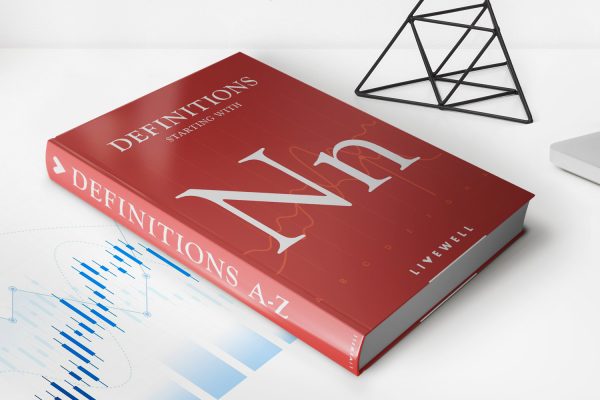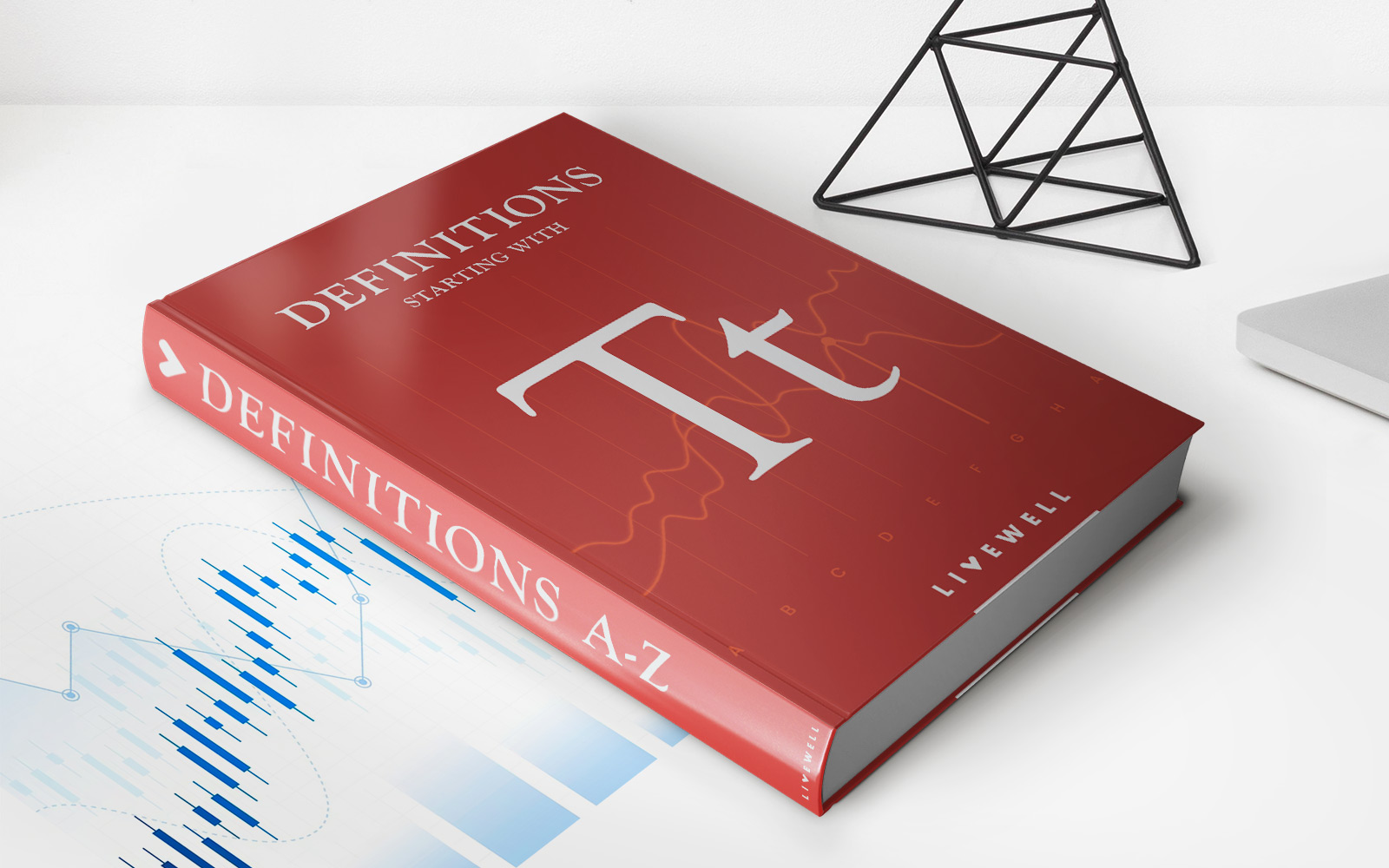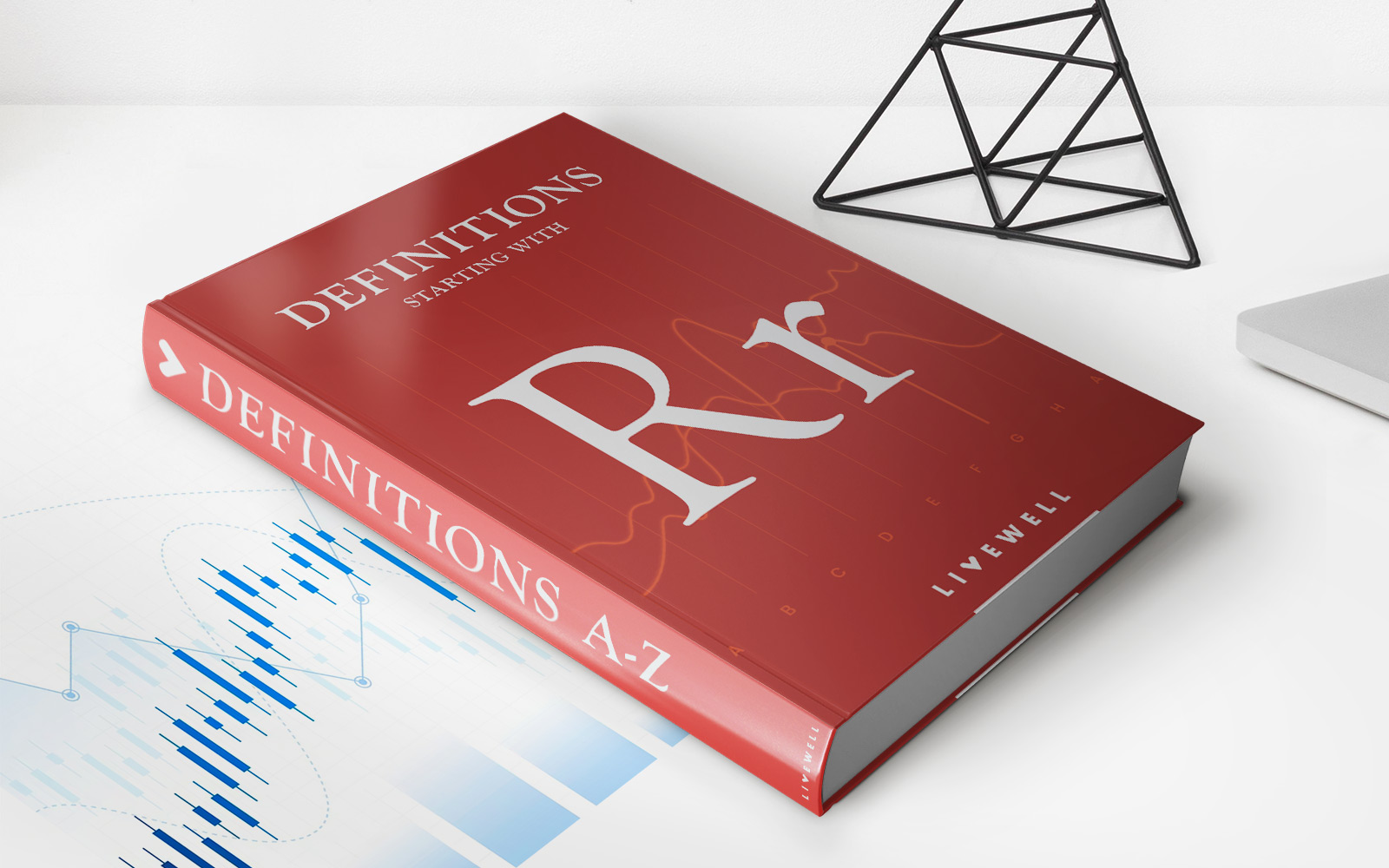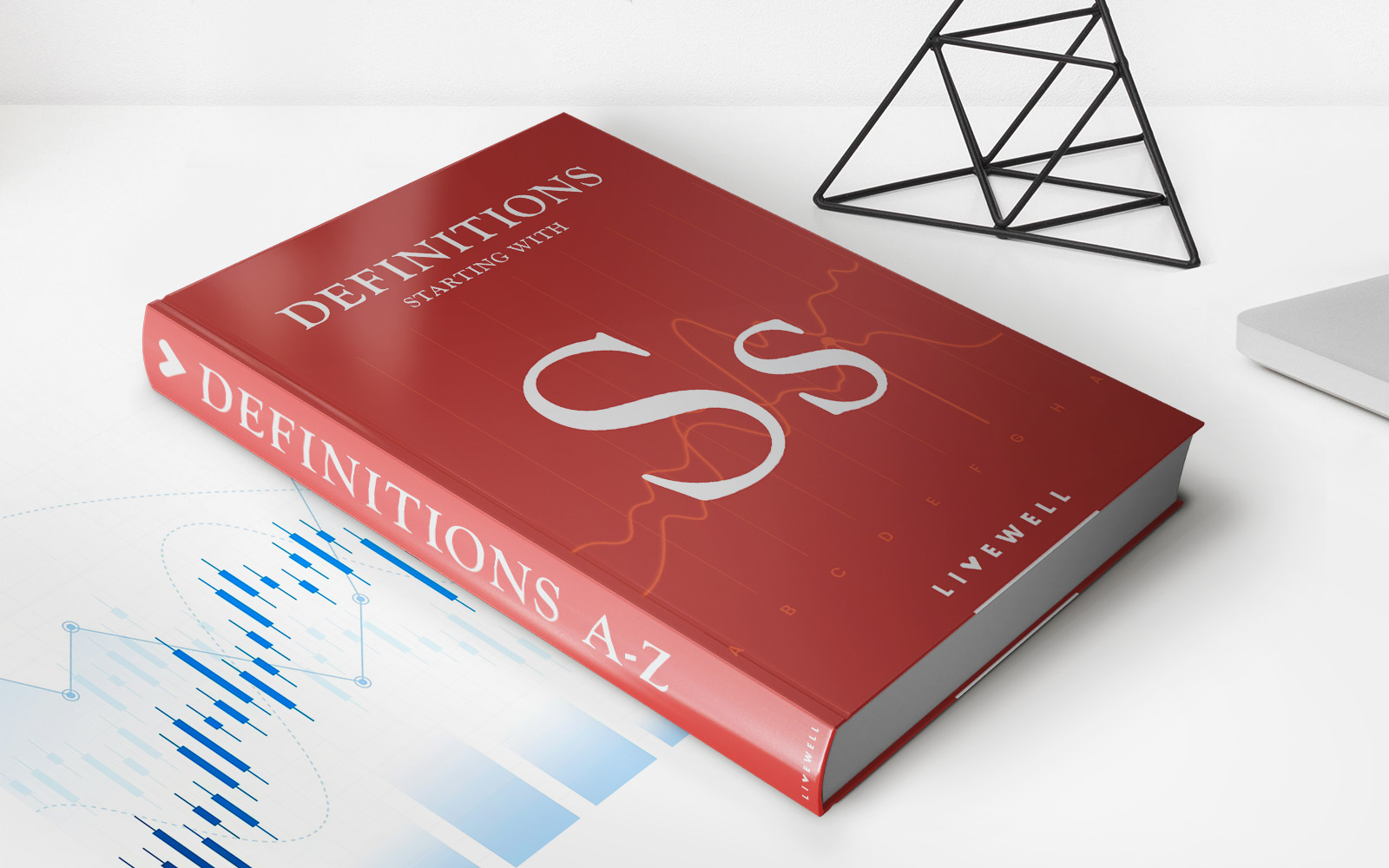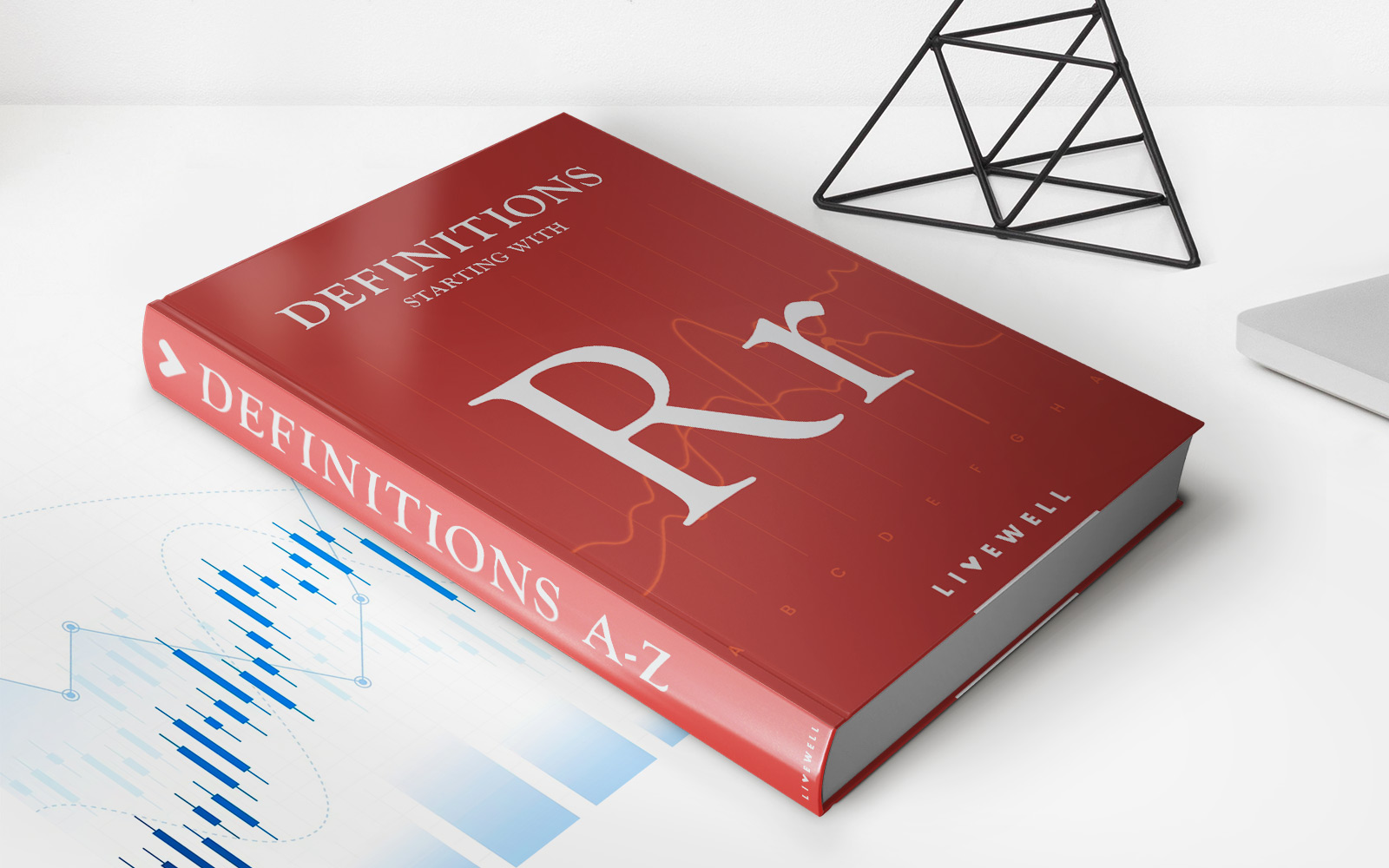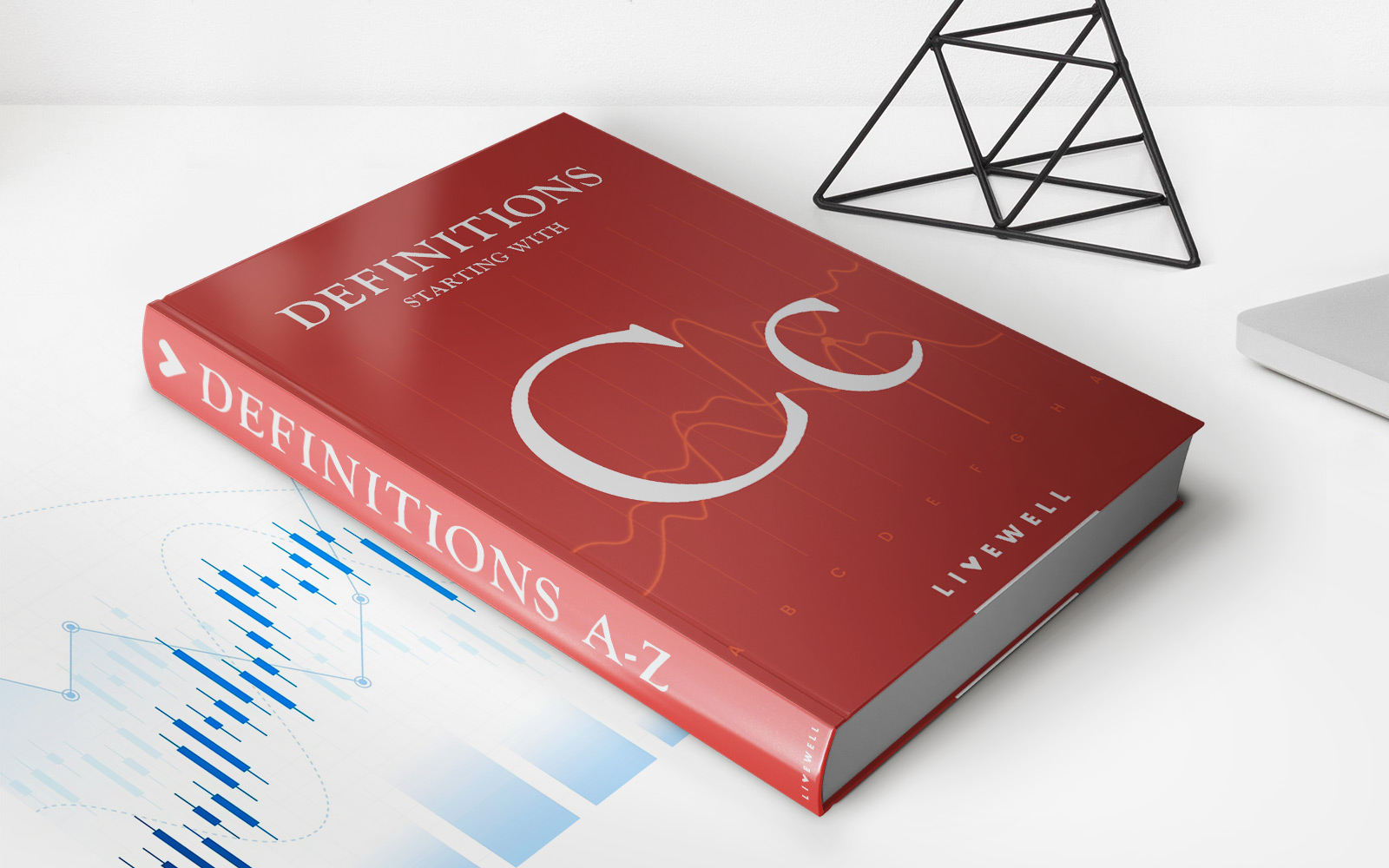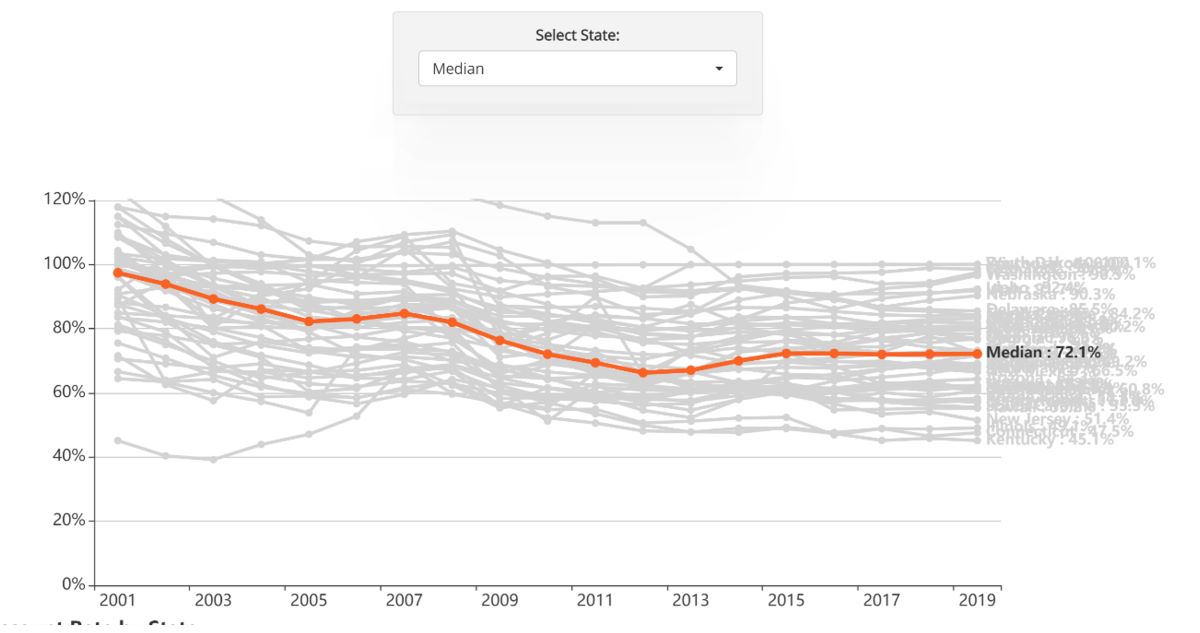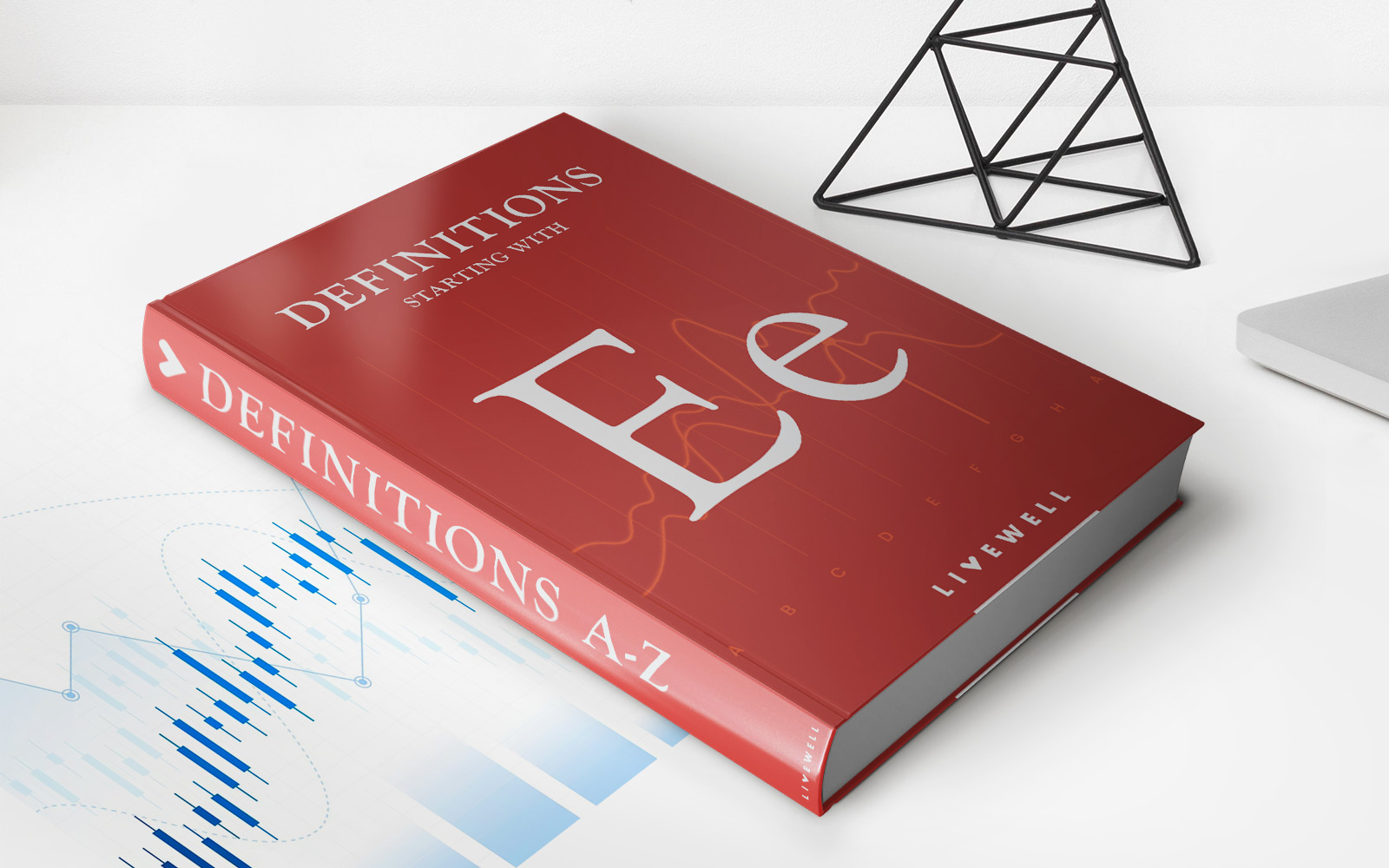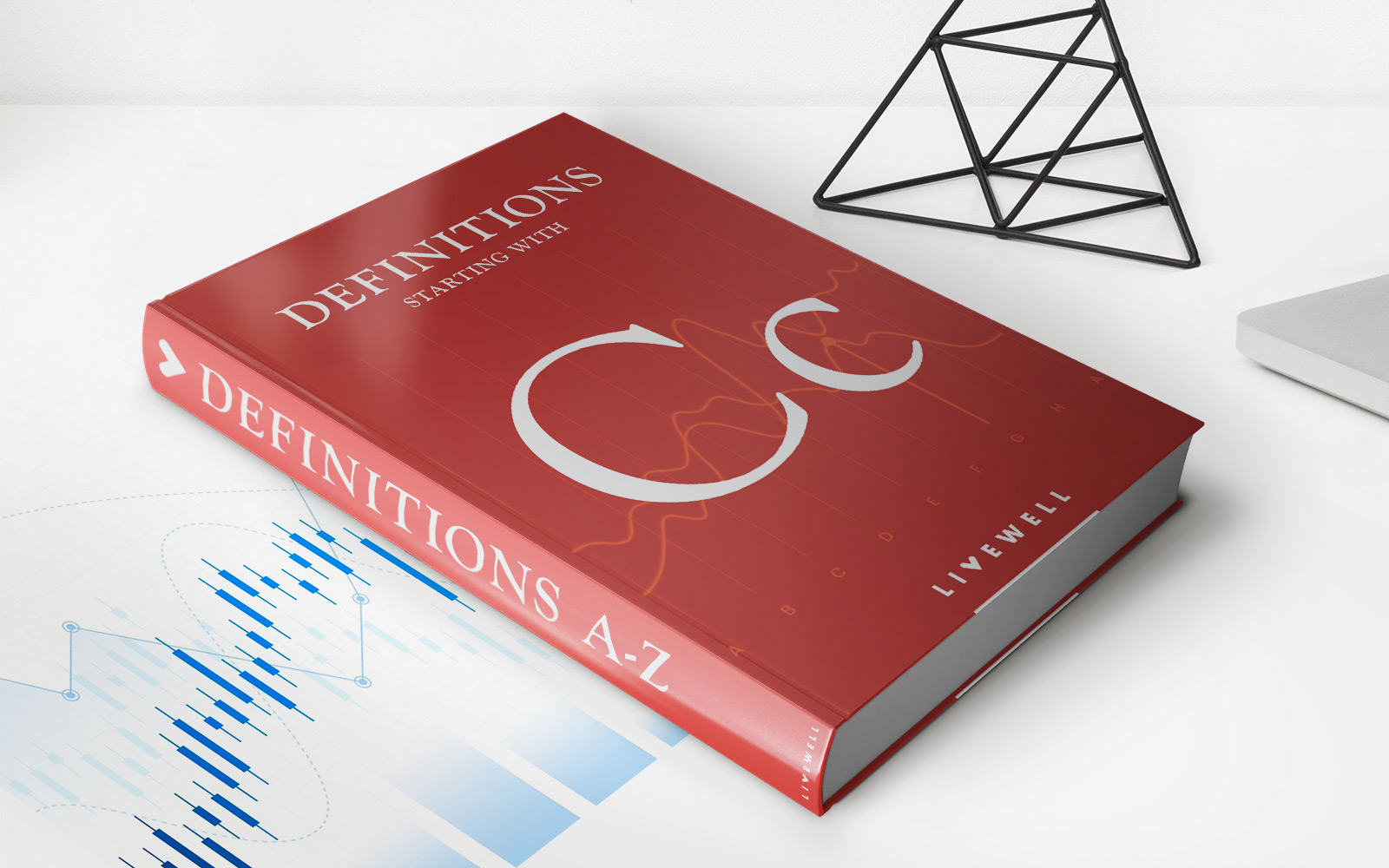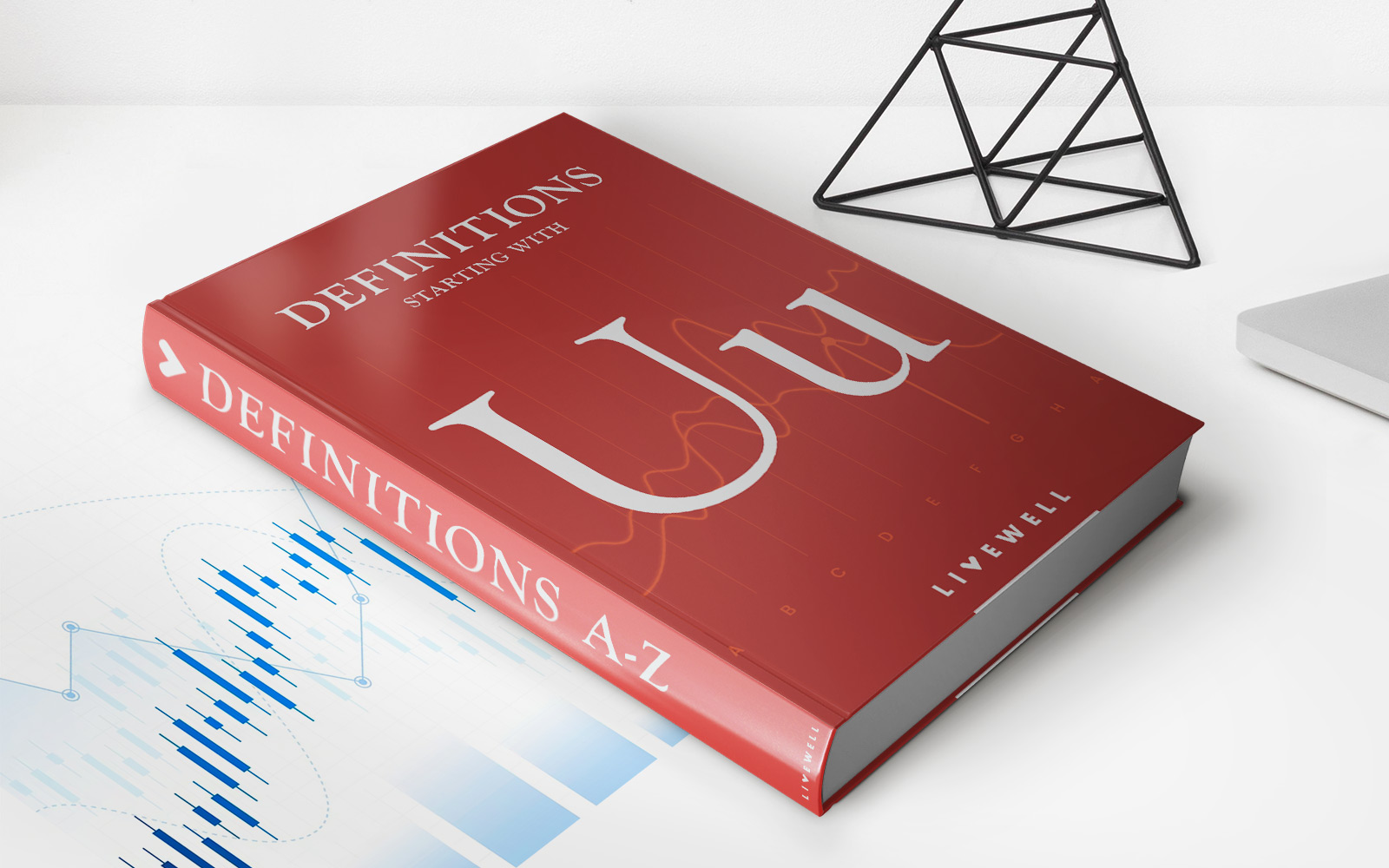Home>Finance>What Is A Reserve Tranche? Definition, Meaning, And IMF Funding
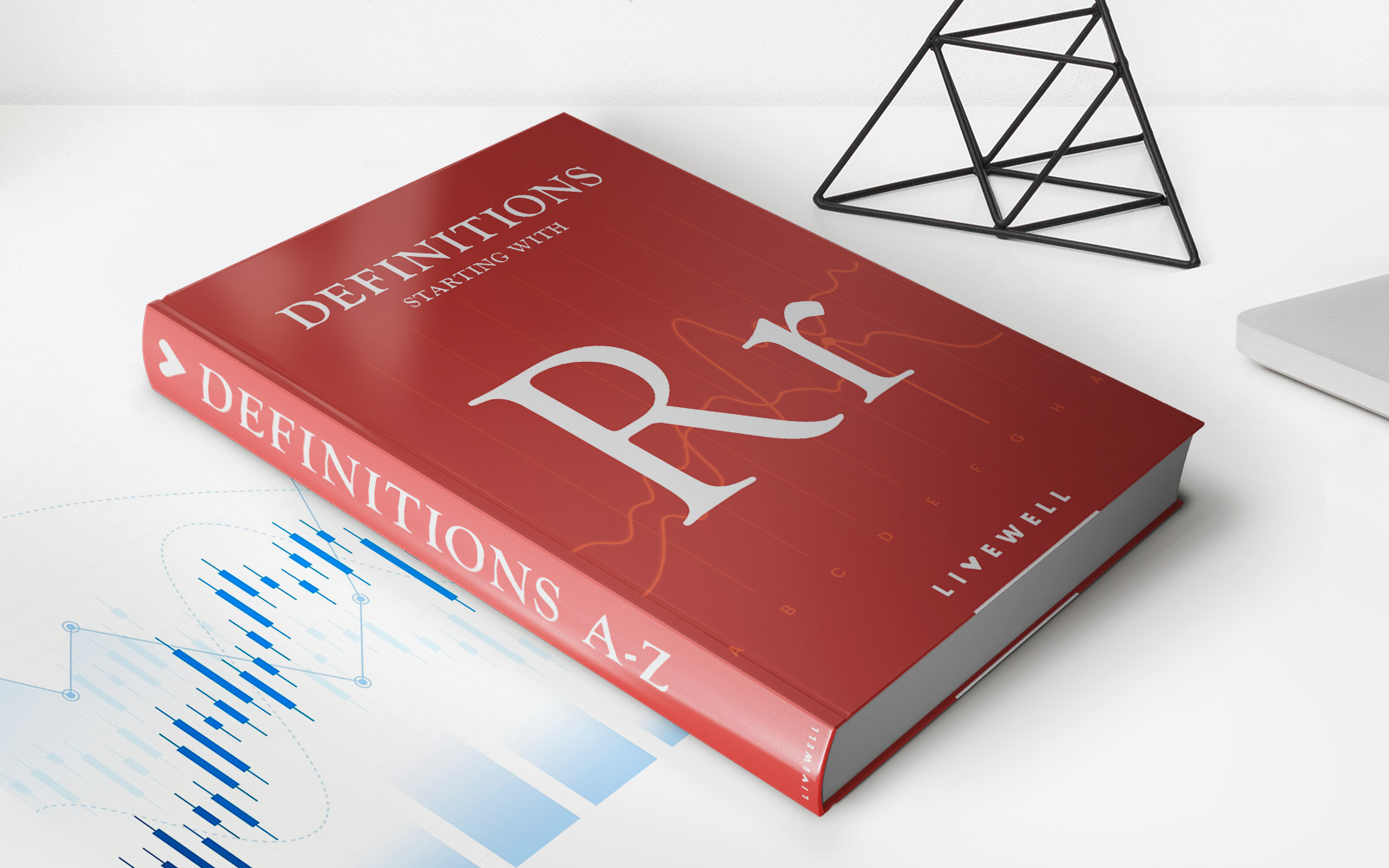

Finance
What Is A Reserve Tranche? Definition, Meaning, And IMF Funding
Published: January 19, 2024
Learn about reserve tranches in finance. Understand the definition, meaning, and how they relate to IMF funding.
(Many of the links in this article redirect to a specific reviewed product. Your purchase of these products through affiliate links helps to generate commission for LiveWell, at no extra cost. Learn more)
Understanding Reserve Tranche and Its Significance in IMF Funding
When it comes to international finance and economic stability, the International Monetary Fund (IMF) plays a crucial role. As an organization dedicated to fostering global monetary cooperation and ensuring stability in exchange rates, the IMF has various tools and mechanisms at its disposal. One such mechanism is the reserve tranche, an important component of IMF funding. In this article, we will dive into the definition and meaning of a reserve tranche, as well as explore its significance in the context of international finance.
Key Takeaways:
- A reserve tranche is a portion of a member country’s subscription to IMF shares.
- It serves as a type of financial cushion for member countries, providing them with access to their own deposited funds in times of need.
What Is a Reserve Tranche?
A reserve tranche can be defined as a portion of a member country’s subscription to the IMF that is held in the organization’s account and is not subject to lending. When a country joins the IMF as a member, it is required to make a financial contribution called a “subscription.” This subscription is made up of two components: the quota and the reserve tranche.
The quota represents the country’s voting power and financial commitment to the IMF. It determines the member country’s capital subscription and governs its rights and obligations within the organization. On the other hand, the reserve tranche is the portion of the subscription that remains uncommitted and can be withdrawn by the member country at any time without conditionality.
Think of the reserve tranche as a member country’s emergency fund within the IMF. It acts as a financial cushion, allowing countries to access their deposited funds when facing economic challenges or financial crises. This mechanism provides a sense of security and liquidity, ensuring that member countries have readily available resources when needed.
Significance of Reserve Tranche in IMF Funding
The reserve tranche is significant for both the IMF and its member countries. Here’s why:
- Financial Security: The reserve tranche serves as a safety net for member countries, providing them with quick access to their own funds. This can be particularly important during times of economic instability or external shocks when countries may require additional financial resources to stabilize their economies.
- Stability and Confidence: The existence of a reserve tranche enhances the confidence of member countries and the financial markets. It demonstrates that the IMF has the capacity to support its members when needed, fostering stability in the international monetary system and promoting investor confidence.
Overall, the reserve tranche is an essential component of IMF funding and plays a vital role in maintaining global financial stability. By providing member countries with a readily accessible pool of funds, it ensures that they have the necessary resources to address economic challenges and navigate through uncertain times.
In Conclusion
The reserve tranche – a portion of a member country’s subscription to the IMF – serves as a financial cushion and emergency fund. It provides member countries with quick access to their own funds when faced with economic challenges. This mechanism enhances financial security, stability, and investor confidence in the international monetary system. As a fundamental tool in IMF funding, the reserve tranche plays a crucial role in maintaining economic stability globally.
